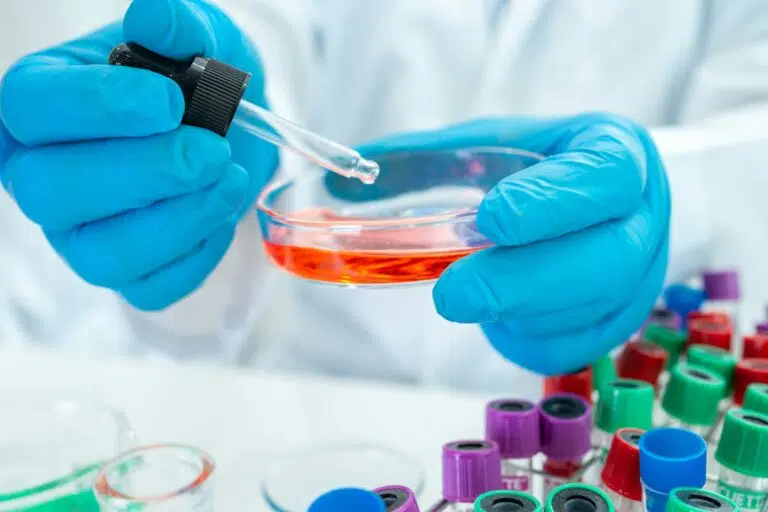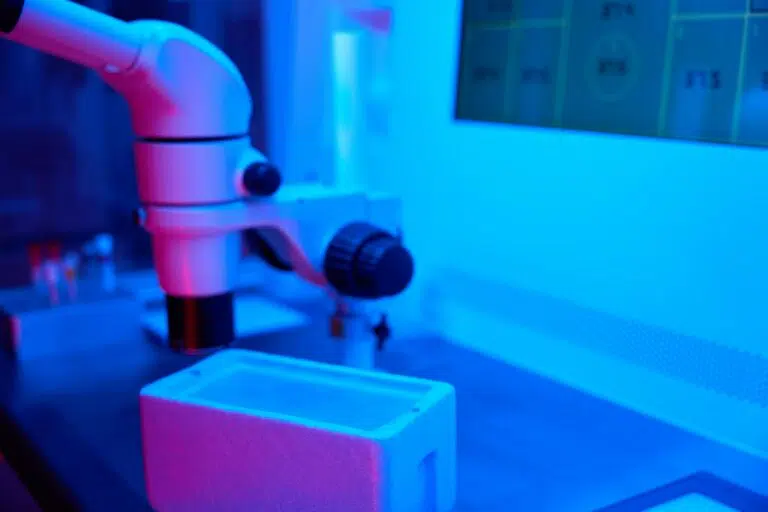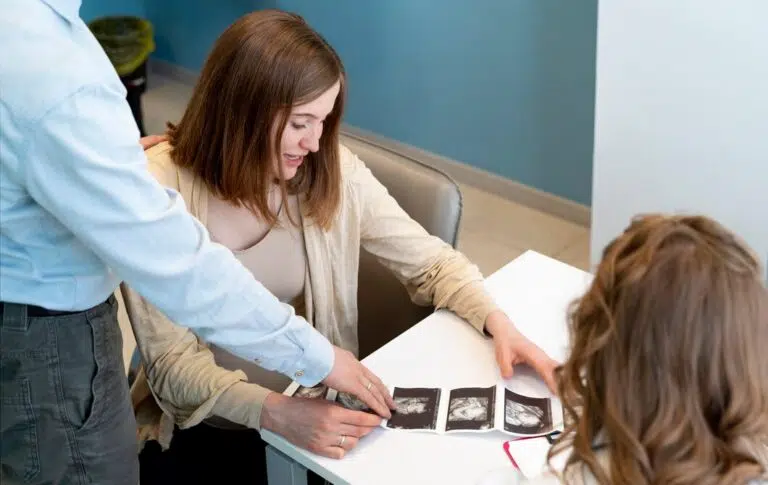IVF enhances parenthood success for Infertile Couples
In vitro fertilization (IVF) helps women who cannot conceive naturally by fertilizing eggs with sperm in a lab and transferring the resulting embryos to the uterus. This process can occur spontaneously (IVF) or via direct injection Intracytoplasmic sperm injection (ICSI). IVF treatments typically involve 3 steps: stimulating the ovaries to produce eggs, collecting and fertilizing the eggs to create embryos, and incubating the embryos for 5 days before transferring them to the uterus.
Who Should Consider IVF Treatment?
IVF is highly recommended in the following cases:
- Women with surgically removed or blocked fallopian tubes.
- Women with hormonal disorders.
- Women with endometriosis or ovarian endometriomas (chocolate cysts).
- Women diagnosed with polycystic ovarian syndrome (PCOS).
- Men with low sperm count (oligospermia).
- Men with low sperm motility (asthenozoospermia).
- Men with abnormal sperm morphology (teratozoospermia).
- Couples who unable to conceive a second child (secondary infertility)
Stage 1: Initial Contact
Once you contact us, a patient coordinator will provide a comprehensive overview of the process, discuss necessary tests, and understand your personal situation.
Stage 2: Pre-Treatment Blood Tests
Before planning your treatment cycle, certain tests are necessary to determine your fertility and ovarian reserve. These tests should be done between 1 and 6 months prior to starting the IVF treatment and on day 2 or 3 of your menstrual period.
Stage 3: Start of the Procedure
Once tests are completed, we will prepare a personalized protocol outlining medication instructions in a calendar format.
Stage 4: Arrival at the Clinic
Arrive on day 1 of your menstrual period or day 10 of your cycle. Your coordinator will schedule an appointment to assess follicle growth and prepare for the hCG trigger injection when follicles are mature.
Stage 5: Oocyte Retrieval (Egg Collection)
Scheduled 36 hours after the hCG injection, egg collection is performed under light sedation using ultrasound guidance. Your partner will provide a sperm sample at this time.
Stage 6: Embryo Culture
The embryologist will monitor fertilization and embryo development. Embryos are incubated to maintain a consistent environment.
Stage 7: PGD Genetic Analysis
On day 3, embryos are biopsied for genetic diagnosis. Results are available in 2 days, prior to embryo transfer.
Stage 8: Embryo Transfer
You can transfer up to 3 embryos. The transfer procedure is performed under ultrasound guidance and does not require sedation. A full bladder is necessary. After the embryo transfer you must rest for at least 2 hours.
Stage 9: Pregnancy Testing
12 days after the embryo transfer, you should have an hCG blood test. If that isn’t possible, you can take a urine test on day 14. Continue the prescribed medications if your pregnancy is confirmed, or stop them if the test is negative.
For further support and guidance, please contact your coordinator.











